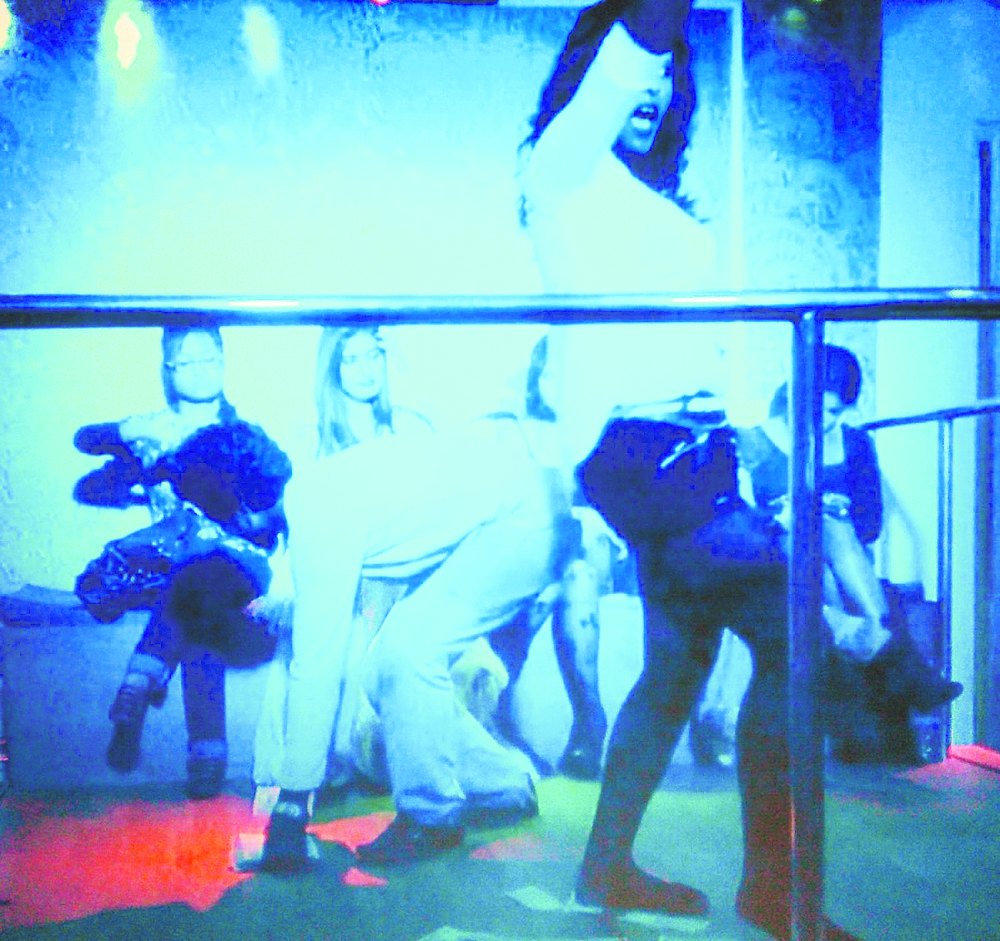SHOOTING FORCES POLICE HAND

Calcutta police have started a selective crackdown on bars that have skimpily dressed women dancing on stage in violation of rules that restrict "entertainment" to crooning and, at the most, swaying to the music.
In the past 24 hours since Metro highlighted how sleaze dens operate across the city, the police have slapped cases against at least half-a-dozen bars, most of them in the central business district, under the Bengal Places of Public Amusement Act.
The maximum penalty for misusing the "crooning licence", meant for an individual singer, is Rs 1,000 or a jail term of six months.
"Some people running bars in central Calcutta have been prosecuted for flouting the rule related to crooning," said a senior officer in Lalbazar, the city police headquarters.
He refused to divulge how many bar owners had been prosecuted, but sources said the number was "negligible" given the proliferation of dance bars across the city over the past three to four years.
The crackdown was more of a wake-up call to the rest that they would face the consequences of flouting the rules, which they have so far been doing allegedly with the help of a section of police and excise officers.
The better night spots and watering holes in town are known to adhere to the rules, some of them even herding out guests at the stroke of the Cinderella hour. In contrast, there are scores of bars in the Chowringhee belt that have women belting out tuneless songs and dancing while customers shower cash on them and drink away well past midnight.

Last week, a young man was shot dead outside one such bar at the Kabardanga crossing, under Haridevpur police station on the city's southern fringe. At least 30 rounds had been fired following a brawl that started inside the Hard Rocks Bar over the bandmaster's refusal to play a song demanded by a customer who happened to be his rival.
According to the rule-book, a crooning licence is a right given to an individual to sing in a specified public place. The licence has to be renewed the moment the crooner shifts to another establishment.
In many bars, women are spotted holding microphones and lip-syncing to Bollywood songs. To those who frequent these bars, it doesn't matter as long as the so-called crooner looks and acts the part, sources said.
"Microphones are sometimes used just to deceive the police in the event of a surprise raid. What counts is how the crooner looks and whether she is able to attract guests," said a source in a dance bar in central Calcutta.
Anyone who violates the clauses of the licence - crooner as well as employer - is liable for prosecution, though that seldom happens because of the alleged nexus between bar owners and a section of the cops and excise officers.
The economics of running a dance bar is such that everyone benefits. The bandmaster is, as the nomenclature suggests, the man who runs the show. He shells out up to Rs 30,000 a night as rent for the "floor", picks the crooners and dancers who keep the customers coming and does everything needed to ensure that the guests leave the bar satisfied. On big nights, a bandmaster deals in lakhs of rupees, pocketing up to 60 per cent of the floor earnings.
Sources said the bars targeted in the crackdown since Monday night had either been using crooners who didn't have a licence or been parading women dancers. But no discrepancy has been found in the excise licences and police permits with which these establishments were operating, insiders in Lalbazar claimed.
But an officer who has worked in the "pass section" of Lalbazar that grants bar permits said: "It is unlikely that these bars have all the required papers."
An excise licence is the first mandatory requirement for a bar, followed by a police permit.
Hard Rocks Bar in Haridevpur had been operating without either of these permits. An investigator said the bar didn't have a police permit and employed women who didn't have a crooner's licence each. Its excise licence had lapsed in March.
Although the shooting incident outside the Hard Rocks Bar has forced Lalbazar to finally crack the whip on illegal dance bars, the initial instruction on Saturday had been to "only observe", sources said.
"We were asked to do nothing other than observe, which we did. The crackdown order came only on Monday," a senior officer said.
Several officers said on condition of anonymity that the instruction to "observe" was strange since that would remove the element of surprise from any raid.
"If bars see regular police presence, it is obvious that the violators would lie low for some time. We cannot prosecute them without concrete proof. A delay in action would mean they become alert and we miss the moment. No wonder only a handful of bar owners have been prosecuted," said an officer of the central division.
Another officer in the city police headquarters said the fact that bars with lapsed licences had been spared the raids was indicative of the crackdown being an eyewash. "We have been asked to spare bars that have the excise license. Even a lapsed one would do," the officer said.










